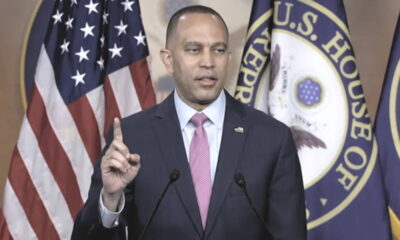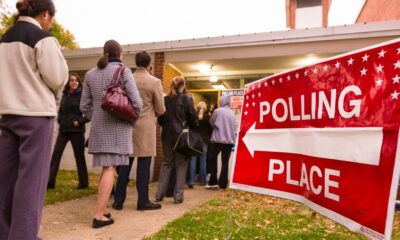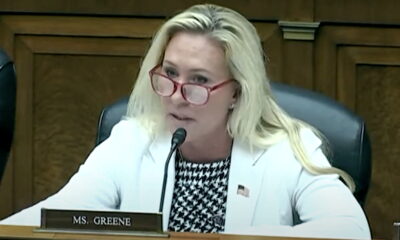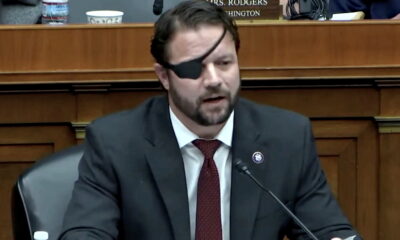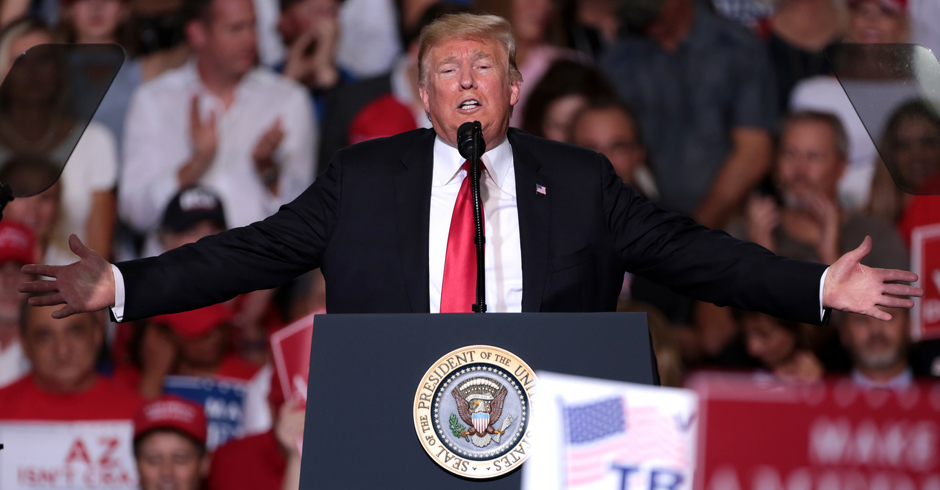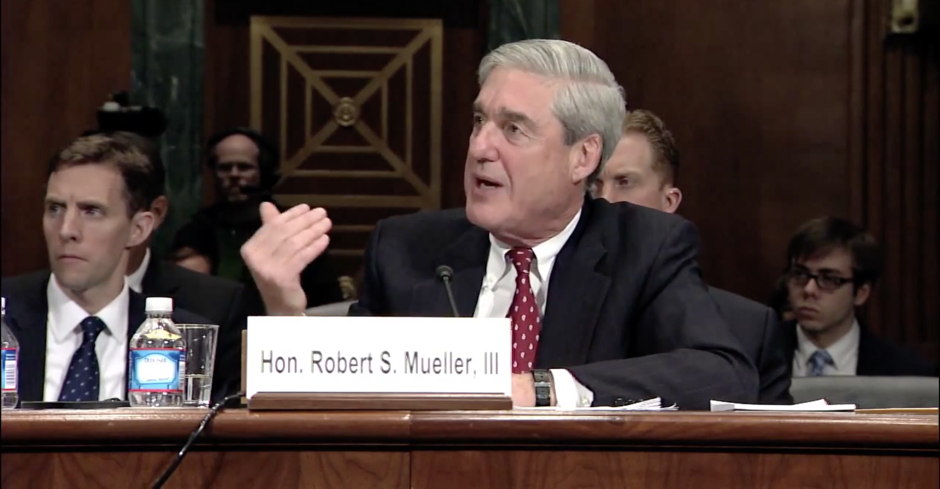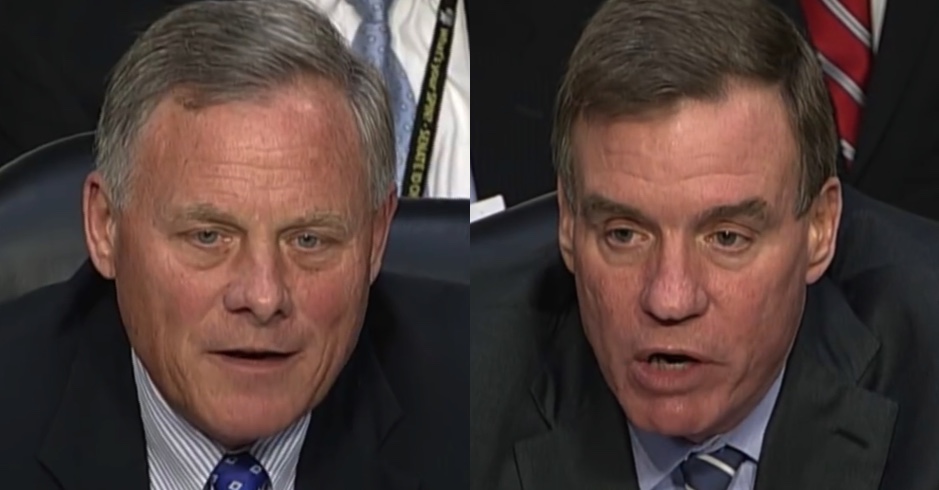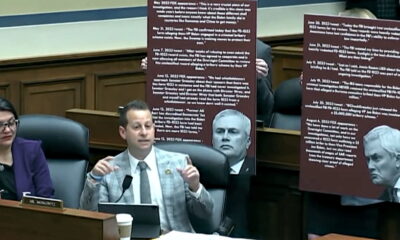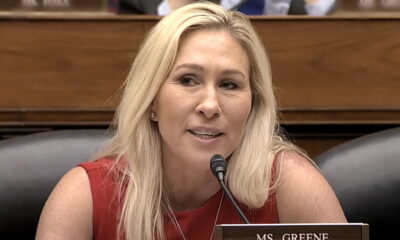RUSSIAN HACKING
‘Terrifying’: Hackers Broke Into US Nuclear Weapons Agency – Russia Believed Behind Espionage Attack Trump Has Ignored
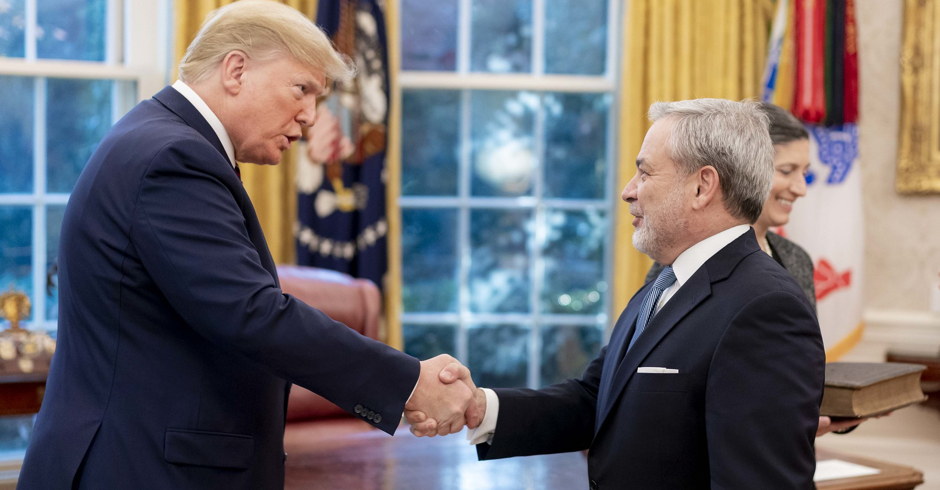
The massive hack of the U.S. federal government’s computer networks included attacks on several agencies that deal with America’s nuclear weapons and energy. The event, which some experts have likened to a virtual declaration of war, has gone ignored by President Donald Trump.
“The Energy Department and National Nuclear Security Administration, which maintains the U.S. nuclear weapons stockpile, have evidence that hackers accessed their networks as part of an extensive espionage operation that has affected at least half a dozen federal agencies, officials directly familiar with the matter said,” Politico reports.
Officials say they found “suspicious activity in networks belonging to the Federal Energy Regulatory Commission (FERC), Sandia and Los Alamos national laboratories in New Mexico and Washington, the Office of Secure Transportation and the Richland Field Office of the DOE. The hackers have been able to do more damage at FERC than the other agencies, the officials said, but did not elaborate.”
Politico congressional reporter Kyle Cheney called the news “terrifying.”
“The president, who knows this, spent yesterday attacking his recently fired cybersecurity chief for saying the 2020 election was secure,” Cheney added. “He still hasn’t addressed the breach.”
Like many federal agencies under President Trump the National Nuclear Security Administration (NNSA) does not have a permanent head. William Bookless serves as the Acting Under Secretary of Energy for Nuclear Security and Acting NNSA Administrator.
NNSA is a part of the Energy Dept.
Image: President Donald J. Trump and Dan Brouillette, Secretary of Energy. Official White House Photo by D. Myles Cullen. Photo via Flickr
Enjoy this piece?
… then let us make a small request. The New Civil Rights Movement depends on readers like you to meet our ongoing expenses and continue producing quality progressive journalism. Three Silicon Valley giants consume 70 percent of all online advertising dollars, so we need your help to continue doing what we do.
NCRM is independent. You won’t find mainstream media bias here. From unflinching coverage of religious extremism, to spotlighting efforts to roll back our rights, NCRM continues to speak truth to power. America needs independent voices like NCRM to be sure no one is forgotten.
Every reader contribution, whatever the amount, makes a tremendous difference. Help ensure NCRM remains independent long into the future. Support progressive journalism with a one-time contribution to NCRM, or click here to become a subscriber. Thank you. Click here to donate by check.
 |





